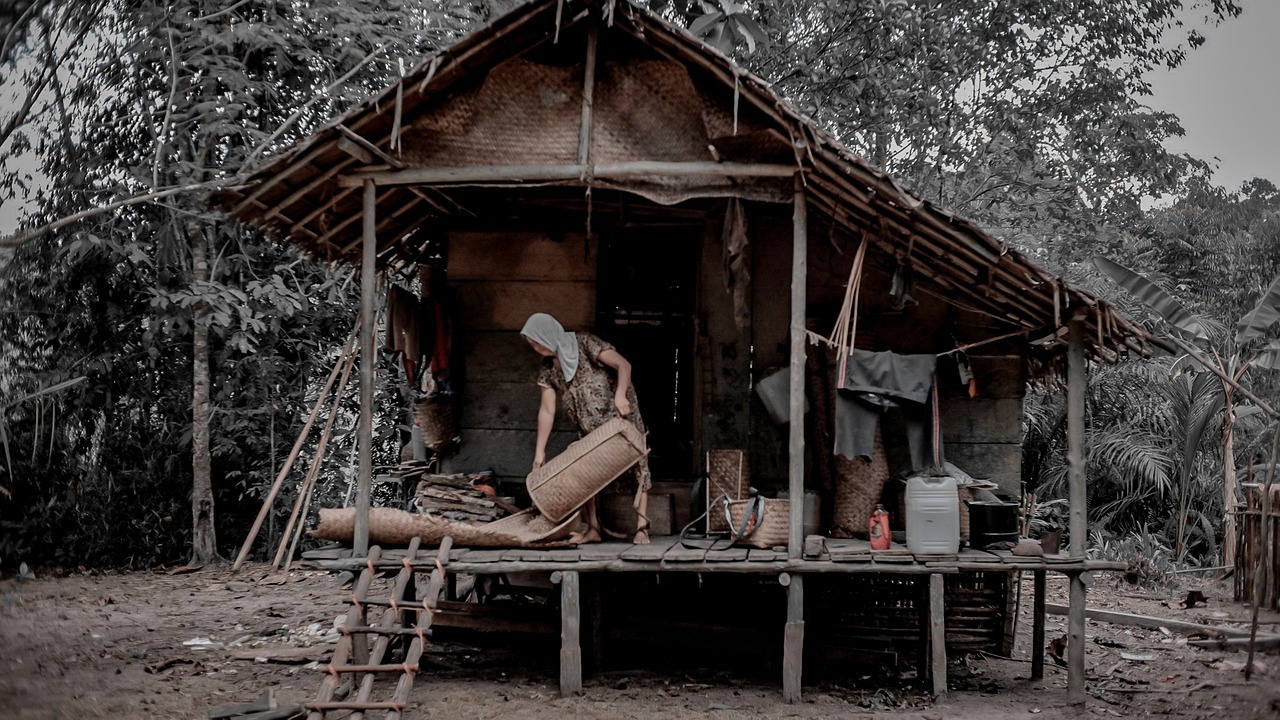Embracing the Primal Path: Why the Paleo Lifestyle Always Calls Us Back to Nature

A Paleo lifestyle is not just a dietary choice; it’s a holistic approach to life that inherently calls for a return to nature. This return to nature encompasses a deep and profound connection to the natural world and echoes the principles of our ancestors who lived in harmony with the environment. Here’s how a Paleo lifestyle consistently beckons us to reconnect with nature:
- Whole, Unprocessed Foods: At its core, the Paleo diet is all about consuming foods in their most natural and unprocessed state. It encourages the consumption of fresh fruits, vegetables, lean meats, and nuts, while minimizing or eliminating processed foods, grains, and refined sugars. By adhering to this dietary philosophy, individuals are drawn to foods that are directly sourced from nature.
- Emphasis on Real, Local, and Seasonal Foods: A key aspect of the Paleo lifestyle is the preference for locally sourced and seasonal foods. This preference not only supports local agriculture but also encourages individuals to be more in tune with the changing seasons and the availability of foods in their natural cycles.
- Foraging and Wild Foods: Paleo enthusiasts often explore the world of foraging for wild edibles. This practice connects them with the land, teaching them to identify and harvest foods that grow naturally in their surroundings. It fosters a direct relationship with the environment and highlights the abundance that nature provides.
- Sustainable Practices: The Paleo lifestyle promotes sustainable and ethical practices, mirroring the principles of conservation and responsible stewardship of the land. It’s a call to recognize the interconnectedness of all life and to ensure the preservation of natural habitats and ecosystems.
- Physical Activity in Natural Settings: Regular physical activity is a core component of the Paleo lifestyle. Many Paleo followers engage in activities like hiking, trail running, or outdoor sports, often taking place in natural settings. This not only promotes fitness but also fosters a connection to the outdoors.
- Ethical Considerations: Paleo preppers, who engage in hunting and trapping, emphasize ethical and humane practices. They strive to respect the environment and the animals they harvest, drawing attention to the moral responsibility of interacting with nature.
- Harmony with Circadian Rhythms: The Paleo lifestyle encourages a sleep pattern in harmony with natural circadian rhythms, optimizing health and well-being. This aligns with the idea of living in sync with the natural world, where our bodies are attuned to daylight and darkness.
- Mental and Emotional Well-Being: Spending time in natural environments has been shown to reduce stress, enhance mental clarity, and improve emotional well-being. This aligns with the Paleo ethos of promoting a balanced and harmonious life.
- Personal Growth and Resilience: Learning wilderness survival skills is another facet of the Paleo lifestyle. These skills enhance self-reliance, resilience, and adaptability, all qualities that were essential for our ancestors to thrive in the natural world.
- Environmental Awareness: Many Paleo enthusiasts become advocates for environmental conservation, recognizing the importance of protecting our natural world. Their dietary choices and lifestyle reflect a concern for the planet’s health and the well-being of future generations.
In summary, a Paleo lifestyle inherently calls for a return to nature by prioritizing whole, unprocessed foods, promoting sustainable and ethical practices, fostering a deep connection to the environment, and encouraging a harmonious and balanced way of life. It reminds us that the primal way of living in alignment with the natural world is not a distant past but a choice we can make today, honoring the ancestral wisdom that guides us toward a more balanced and sustainable future.
Meet Miriam, your enthusiastic guide on a journey of discovery through the world of the Paleo diet and prepping. As a newcomer to the Paleo lifestyle, I’m excited to share my experiences, challenges, and triumphs as I embark on this transformative adventure.
















